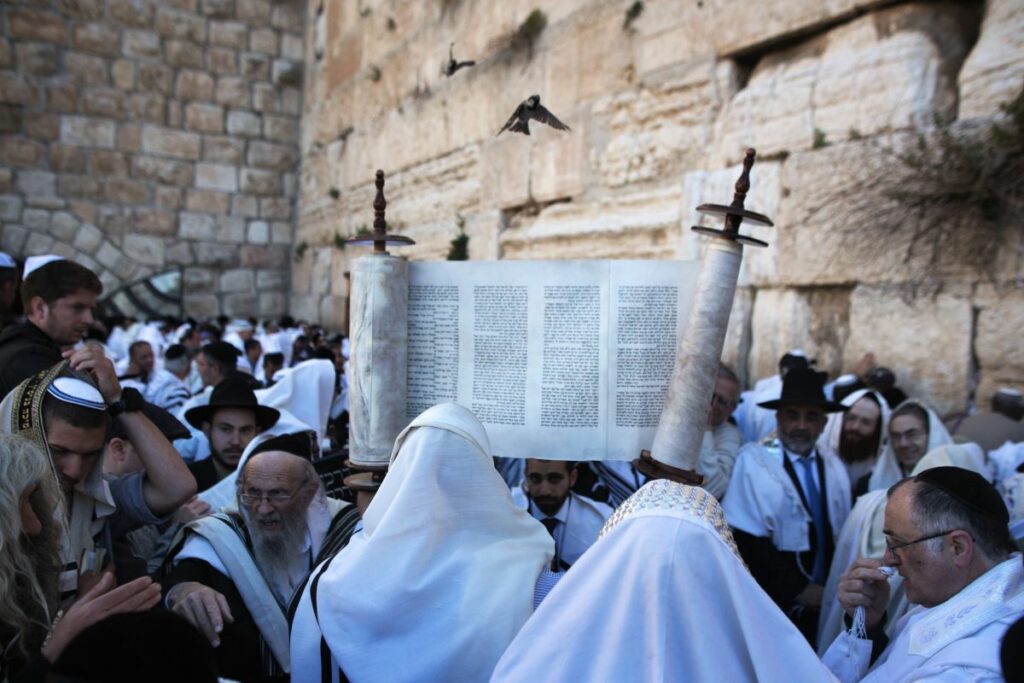Judaism is a religion that does not have a central governing body or a single holy book. Instead, Judaism has over 12 different ancient laws and customs known as the ‘Torah’. Judaism is also distinguished by its rich culture and tradition. The Jewish culture and traditions are an essential part of the country’s heritage and identity. You might be wondering why it is important to understand Judaism as a religion if there are no central governing bodies or holy books. Judaism is so much more than just another religion with articles of faith and sacred texts, but rather it is an important part of the country’s heritage, history, literature, art and culture.
Here, Rabbi Shmuel Waldman, who has a broad career as a religious educator, will explain Judaism as a religion more in depth and will help you understand its core values.

Importance of Understanding Judaism as a Religion
Judaism is one of the oldest religions in the world. It is based on the Torah, or the first five books of the Bible, and is practiced by approximately 13% of the world’s population. The Jewish religion is often confused with other Abrahamic religions, including Christianity and Islam. While each religion has many similarities, there are also many differences between them. In Rabbi Shmuel Waldman’s opinion, understanding Judaism as a religion will help you learn the many different aspects of this complex and interesting world religion. One of the most important things about understanding Judaism as a religion is understanding the importance of the Jewish people and their culture. The Jewish people are one of the oldest ethnic groups in the world, and they are also one of the oldest religions in the world. The Jewish people lived in Israel and the surrounding areas for thousands of years before the modern era, and they are an integral part of the country’s identity.
What is the Jewish Culture and Tradition?
Judaism is a religion that follows a set of ethical and moral laws known as the Torah. Rabbi Shmuel Waldman shares that the Torah is divided into two parts: the Oral Torah and the Written Torah. The Oral Torah was passed down from generation to generation by word of mouth and was never written down until about 2,000 years ago. It includes traditions like holidays, customs, rules for prayer, and other rituals. The Written Torah was written about 2,000 years ago and is divided into five books: Genesis, Exodus, Leviticus, Numbers and Joshua. The Jewish Culture and Tradition include Jewish holidays, customs and traditions. Jewish traditions are an important part of the country’s heritage and identity. The Jewish culture and traditions are an essential part of the country’s heritage and identity.
Jewish Practices and observances
There are many Jewish practices and observances that are part of the Jewish culture and tradition. Some of these include the Jewish holidays, the dietary laws, and the custom of keeping Shabbat and other Jewish holy days. Rabbi Shmuel Waldman specifies that Jewish holidays are an important part of the Jewish culture and tradition. They celebrate important days in Jewish history, including the creation of the world, the Exodus from Egypt, and the life of Abraham and his son, Isaac. It is important to note that even though the Jewish people have lived in Israel for hundreds of years, they continue to celebrate their holidays with the same intensity as they did when they were living in other countries. Jewish dietary laws were also important in the Jewish culture and tradition. These laws were followed long before the birth of Jesus and are found in the Torah: no pork, shellfish, or alcoholic beverages are allowed.
“You may wonder how these dietary laws are followed in modern times, but they are still followed today by many Jewish people,” says Rabbi Shmuel Waldman in his religious writings.
Conclusion
Understanding Judaism as a religion and its core values will help you learn more about the Jewish people and their culture. The Jewish people are an integral part of the country’s identity, and the Jewish culture and traditions are an important part of the country’s heritage and identity.